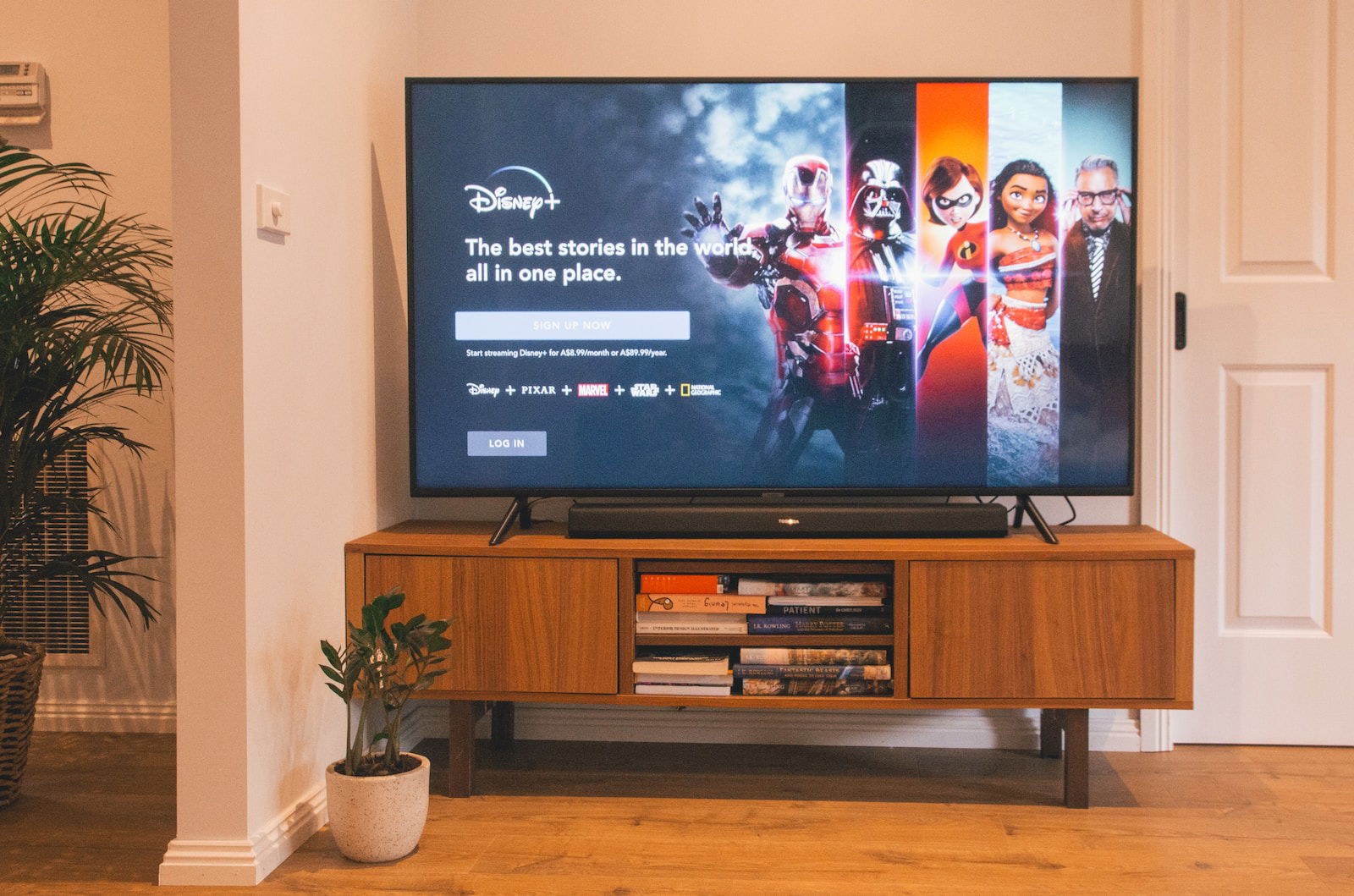The Detrimental Effects of Childhood TV Time on Adult Health
By Movieguide® Contributor
Parents who allow their children to watch too much television could detrimentally affect their children’s adult lives and long-term health.
“High levels of TV consumption as a child appeared to be associated with risk of metabolic syndrome in mid-adult life, particularly higher body weight, blood pressure and lower cardiorespiratory fitness,” Newsweek reported.
Children age 8 to 18 watch, on average, 4.5 hours of television per day, and the CDC has concluded that 1 in 5 children in the U.S. are obese, a result of a poor diet and a sedentary lifestyle.
While some research in recent years suggested that rates of childhood obesity were declining, the “current data shows the opposite to be true; severe obesity (calculated based on body mass index) is actually on the rise in young Americans, especially minority children.”
A recent study investigated how childhood TV time impacted adults’ markers of poor metabolic health. Three or more of the risk factors “is indicative of a condition called metabolic syndrome, a cluster of conditions that together increase your risk of heart disease, stroke and type 2 diabetes.”
Interestingly, even if an individual had cut back on TV as an adult, there was still a connection between childhood TV watching and metabolic syndrome in adulthood.
“There may be several reasons for this association,” Newsweek explained. “Firstly, spending more time in front of the TV tends to be associated with lower levels of physical activity and a more sedentary lifestyle. Screen time may also encourage children to eat more high calorie snack foods, especially during their teenage years when parents have less control over their diet.”
The American Academy of Pediatrics recommends that children spend no more than two hours per day watching TV per day. However, they have adapted their screen time guidelines to encourage healthy and productive screen time for educational purposes while also including physical activity in between sessions.
Movieguide® previously reported on how TV can affect infants and children:
A recent study recommends no screen time for babies under 18 months as digital media significantly alters a child’s brain activity and development.
The study published in Jama Pediatrics found that children with greater digital media exposure showed lower alertness at 18 months compared to children with less or no screen time.
Additionally, to study the long-term effects of infant screen time, the kids participated in cognitive ability tests after they turned 9.
“These tests measured things like attention span, working memory, and follow-through. Every hour increase in infant screen time was associated with a statistically significant decrease in their cognitive test scores,” World reports.
Questions or comments? Please write to us here.


 - Content:
- Content: 


